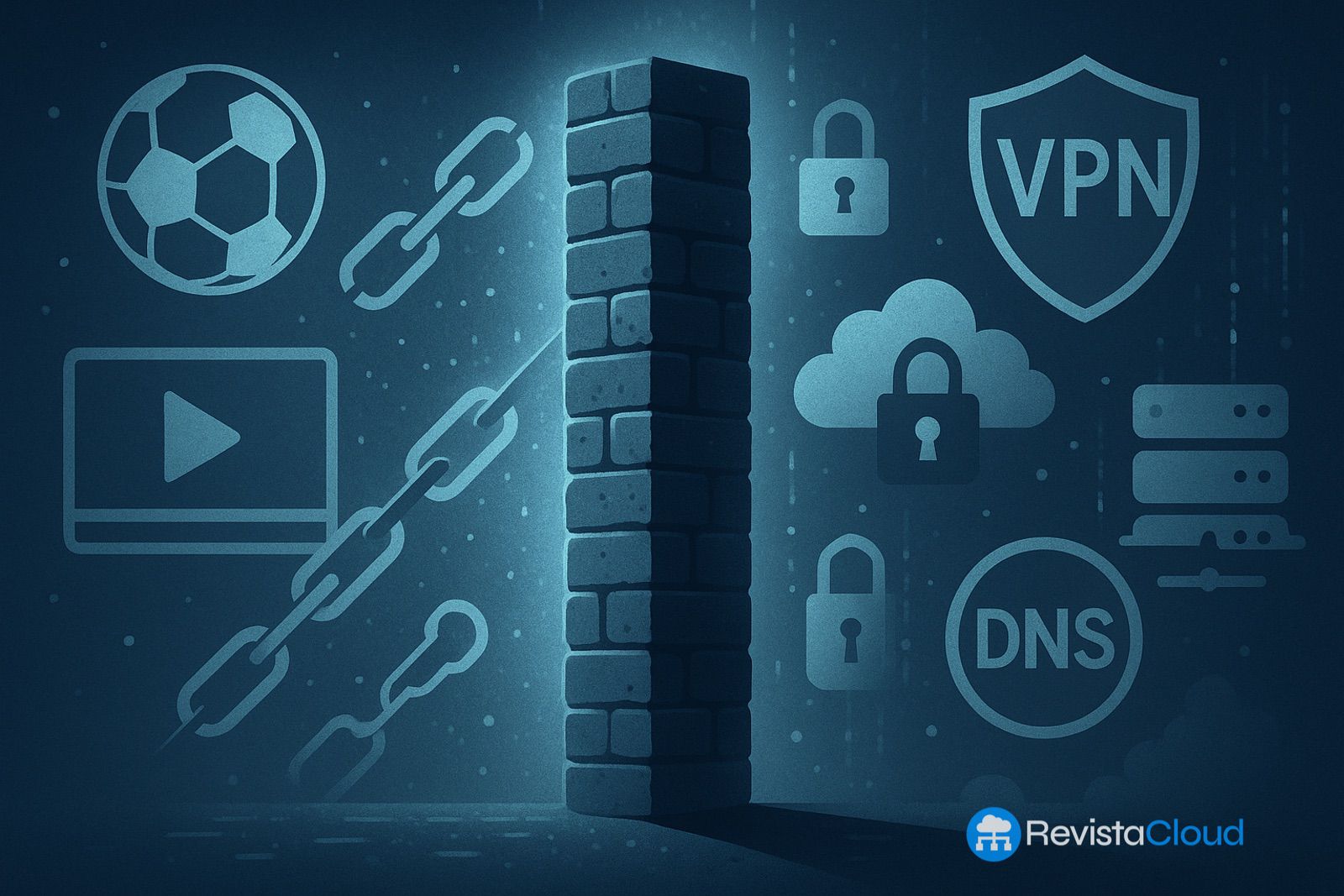Telefónica has urged the European Commission to enact more robust and technically updated legislation to combat digital piracy, especially concerning the live broadcasting of sports events. In its recent contribution to the community consultation on content protection online, the Spanish operator claims that current voluntary measures are insufficient and calls for the adoption of a binding European regulation capable of addressing the technical and legal challenges posed by the new digital ecosystem.
The Challenge of Piracy and the Rise of Evasive Technologies
According to data cited by Telefónica, up to 46% of European internet users consume pirated audiovisual content, primarily in the sports sector. This figure remains high despite the implementation of the Digital Services Act (DSA) and the European Recommendation for the prompt removal of illegal content. The operator argues that the voluntary nature and legal limitations of current regulations have become obsolete in light of the technological sophistication of piracy.
Telefónica emphasizes that traditional IP blocking tools, used in Spain for football matches under court orders, are losing effectiveness due to the widespread use of public DNS, VPN services, ECH (Encrypted Client Hello) encryption in the TLS protocol, and technologies like QUIC (core of HTTP/3). These innovations, promoted by major tech companies like Cloudflare, make it difficult for operators to inspect and filter traffic, allowing users to bypass blocks and access illegal broadcasts.
Additionally, the company warns about the rise of P2P networks like Acestream, which account for nearly 40% of online sports piracy, and underscores that the response from illegal platforms is becoming increasingly agile and technologically advanced.
Cloudflare Under Scrutiny: Accusations of Hindering Anti-Piracy Efforts
In its document sent to Brussels, Telefónica criticizes Cloudflare and other technological intermediaries, accusing them of repeatedly violating court-ordered blocks in Spain and other European countries. The operator asserts that these actors actively resist cooperating with authorities and rights holders, providing protection and anonymity to platforms dedicated to content piracy.
Telefónica indicates that current collaboration mechanisms, based on reporting channels such as email addresses to report abuses, are inadequate given the volume and sophistication of online piracy. Instead, it proposes the development of automated "trusted flaggers" systems that allow for the technical and almost instant removal of infringing sites, without relying on the goodwill of opaque intermediaries.
Concrete Measures for an Effective European Regulation
The Spanish operator presents the European Commission with a package of measures aimed at strengthening the protection of digital content and restoring the balance between technological innovation and copyright. Notable recommendations include:
Imposing legal obligations on all internet intermediaries, including hosting providers, public DNS, and content delivery networks, to ensure effective and prompt removal of illegal live broadcasts, with a maximum response time of 30 minutes after notification.
Extending the regulatory scope to encompass not only streaming services but also any platform or technological service that facilitates or conceals piracy.
Tightening sanction mechanisms to ensure that fines and corrective measures are genuinely deterrent.
Fostering technical cooperation among operators, rights holders, and regulatory authorities, utilizing automated tools for detecting and removing content.
- Creating a unified European environment by harmonizing national legislations and implementing a European legal framework that complements and strengthens the current DSA.
A European Dimension Problem Requiring Coordinated Solutions
Telefónica emphasizes that the current dispersion of strategies and legal frameworks at the national level limits the effectiveness of anti-piracy efforts, and that only a pan-European approach can effectively protect the audiovisual industry, intellectual property, and the economic sustainability of events such as professional football.
The company concludes its report by warning that online piracy, far from being under control, evolves in tandem with technological innovation and changes in digital consumption habits. Only a legal and technical response commensurate with the challenge will ensure the future of the European audiovisual sector.
via: Noticias Redes Sociales and Banda Ancha

